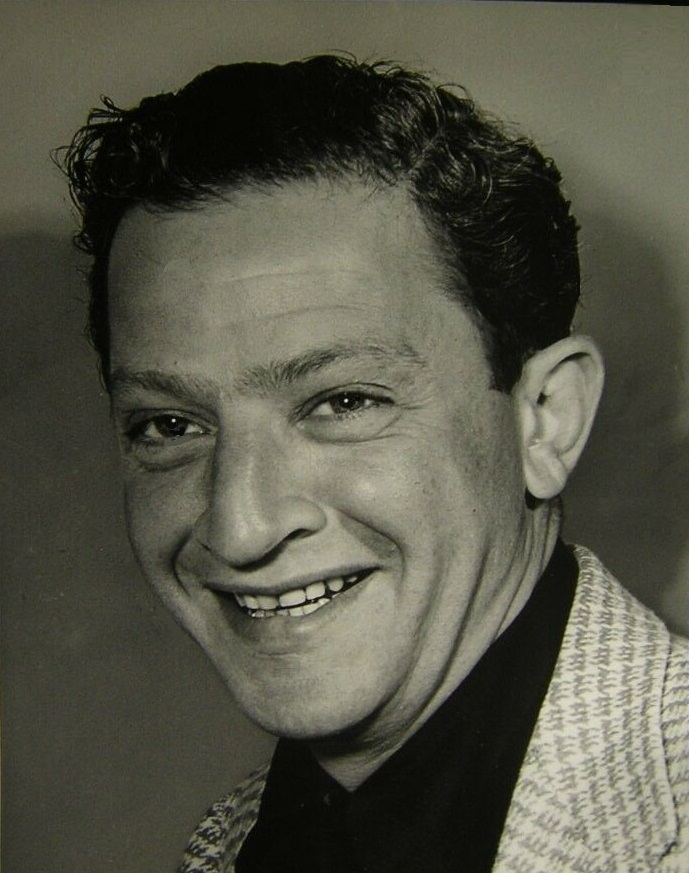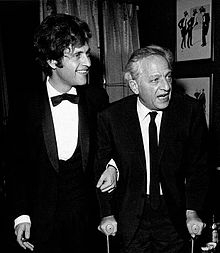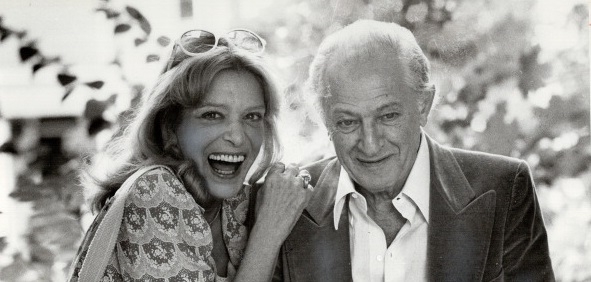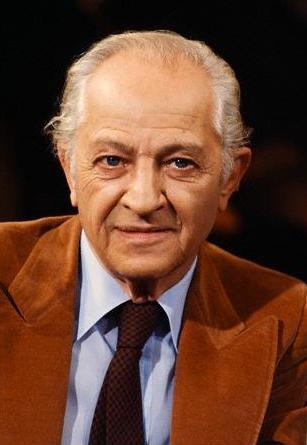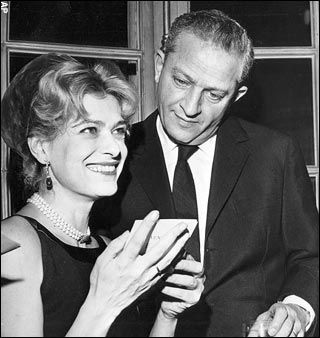Famous Director.
Jules Dassin.
Born December 18, 1911 in Middletown, Connecticut, USA
Died March 31, 2008 in Athens, Greece (complications from flu)
Birth Name Julius Dassin
Jules Dassin was an Academy Award-nominated director, screenwriter and actor best known for his films Rififi (1955), Never on Sunday (1960), and Topkapi (1964).
Directed the Naked City.
He was born Julius Samuel Dassin on 18 December 1911, in Middletown, Connecticut, USA. He was one of eight children of Russian-Jewish immigrants, Samuel Dassin and Berthe Vogel. Young Dassin grew up in Harlem, and
Dassin came to Hollywood in 1940, and was an apprentice to directors Alfred Hitchcock and Garson Kanin. In 1941, he made his directorial debut at MGM with adaptation of a story by Edgar Allan Poe. Dassin's best directorial works for Hollywood include such criminal dramas as Brute Force (1947) starring Burt Lancaster; The Naked City (1948), one of the first police dramas shot on the streets of New York; and Night and the City (1950) starring Richard Widmark as a hustler in London who is caught up in his own schemes. While he was assigned by producer Darryl F. Zanuck to make the film, Dassin was accused of affiliation with the Communist Party in his past. Zanuck advised Dassin to "shoot the expensive scenes first, to hook the studio" so the film was finished and released in 1951. Dassin was reported to HUAC in a 1951 testimony by directors Edward Dmytryk and Frank Tuttle. That was enough to sink his career in Hollywood. Dassin was subpoenaed by HUAC in 1952 and eventually became blacklisted after refusing to testify before the House Un-American Activites Committee.
He left the United States for France in 1953 and struggled during his first years in Paris. He was not fluent in French, and his connections were limited. However, Dassin's low-budget film, Rififi (1955), famous for its long heist sequence that was free of dialog, won him the Best Director Award at the 1955 Cannes Film Festival. There, he met the Greek actress Melina Mercouri. Later, Dassin co-starred opposite Melina Mercouri in his film Never on Sunday (1960), which won the Best Film Award at Cannes in 1960. At that time, the anti-Communist witch hunt in America was fading, and Dassin was accepted again. He received two Academy Award-nominations for directing and screen-writing for Topkapi (1964), starring Melina Mercouri, Maximilian Schell, and Peter Ustinov. Dassin also served as member of jury at the Cannes and several other international film festivals.
Jules Dassin was married twice. He had three children with his first wife, violinist Beatrice Launer. His son, Joe Dassin, was a popular French singer in the 1960s and '70s, with such hits as "Bip Bip," "L'Eté Indien" and "Aux Champs-Èlysées." In 1966, Jules Dassin married Mercouri, an ardent anti-fascist who lost her Greek citizenship for opposing the junta, and the couple was living in Manhattan, remaining very active in their efforts to restore democracy in Greece during the dictatorship of the Colonels. After 1974, the couple returned to Greece, Melina Mercouri became a member of the Greek Parliament, and Culture Minister of Greece. While living in Athens, Dassin was active in the effort to bring the 2500-year-old Elgin marbles of the Parthenon back to Athens from their current location at the British Museum in London. In this and other humanitarian causes, Dassin followed the last will of his late wife, Melina Mercouri.
Jules Dassin died of complications caused by a flu, on April 1, 2008, at age 96, at Hygeia Hospital in Athens, Greece. He is survived by two daughters and grandchildren.
Spouse (2)
Melina Mercouri (18 May 1966 - 6 March 1994) ( her death)
Beatrice Launer (1932 - ?) ( divorced) ( 1 child)
Had at least three children (two daughters and one son).
His son, Joe Dassin (1938-1980), became one of France's most popular singers, with hits such as "Bip Bip", "L'Eté Indien" and "Aux Champs-Èlysées.".
Biography in: John Wakeman, editor. "World Film Directors, Volume One, 1890-1945". Pages 190-195. New York: The H.W. Wilson Company, 1987.
Father of Julie Dassin.
In 1968, was nominated for two Tony Awards: as Best Director (Musical) and as author of the book of Best Musical nominee "Ilya, Darling," a musical version of his film Never on Sunday (1960).
Member of jury at the Cannes Film Festival in 1979.
Member of the jury at the Berlin International Film Festival in 1984.
Became an assistant to Alfred Hitchcock in 1940.
Rififi (1955) is widely considered the prototype for films such as Ocean's 11 (1960) and Mission: Impossible (1996). Dassin himself made another film based on "Rififi," his 1964's Topkapi (1964).
His film Rififi (1955) was called "the benchmark all succeeding heist films have been measured against," by the LA film critic Kenneth Turan when the film was re-released in 2000.
Directed two actors to Oscar nominations: Melina Mercouri (Best Actress, Never on Sunday (1960)), and Peter Ustinov (Best Supporting Actor, Topkapi (1964)). Ustinov won an Oscar for his performance.
He has directed one film that has been selected for the National Film Registry by the Library of Congress as being "culturally, historically or aesthetically" significant: The Naked City (1948).
Personal Quotes (3)
Louis B. Mayer's arm around your shoulder meant his hand was closer to your throat.
The tragedy of Hollywood is that for over a quarter of a century it was harried by these two illiterate, vindictive women. - commenting on Hedda Hopper and Louella Parsons
If there is anything I want to be remembered for, it is for fulfilling Melina's dream [the return of the Elgin Marbles to Greece]. (from a 1997 interview)
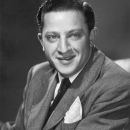
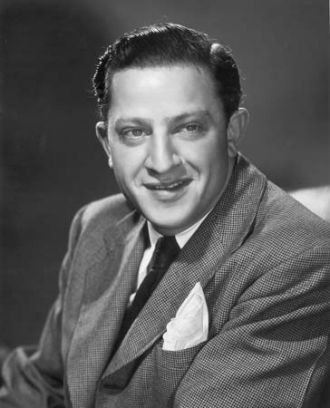
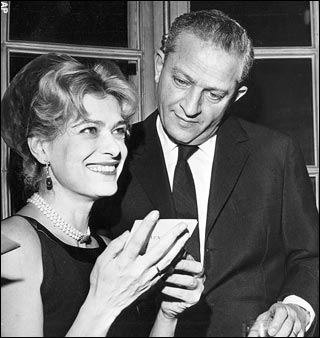
 Amanda S. Stevenson
Amanda S. Stevenson 